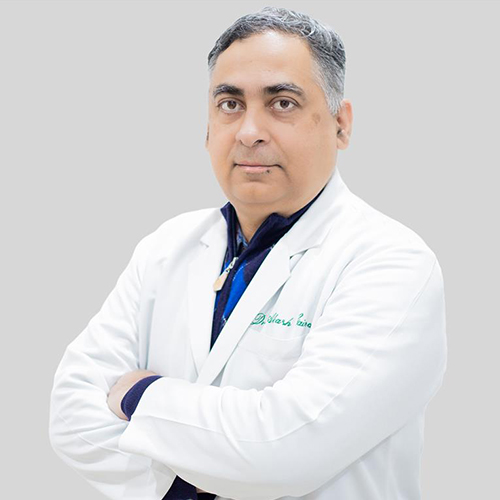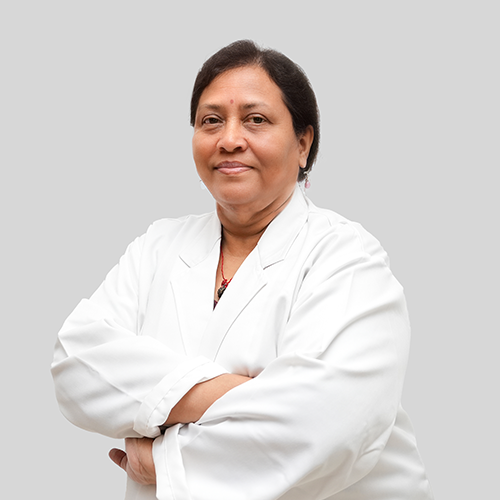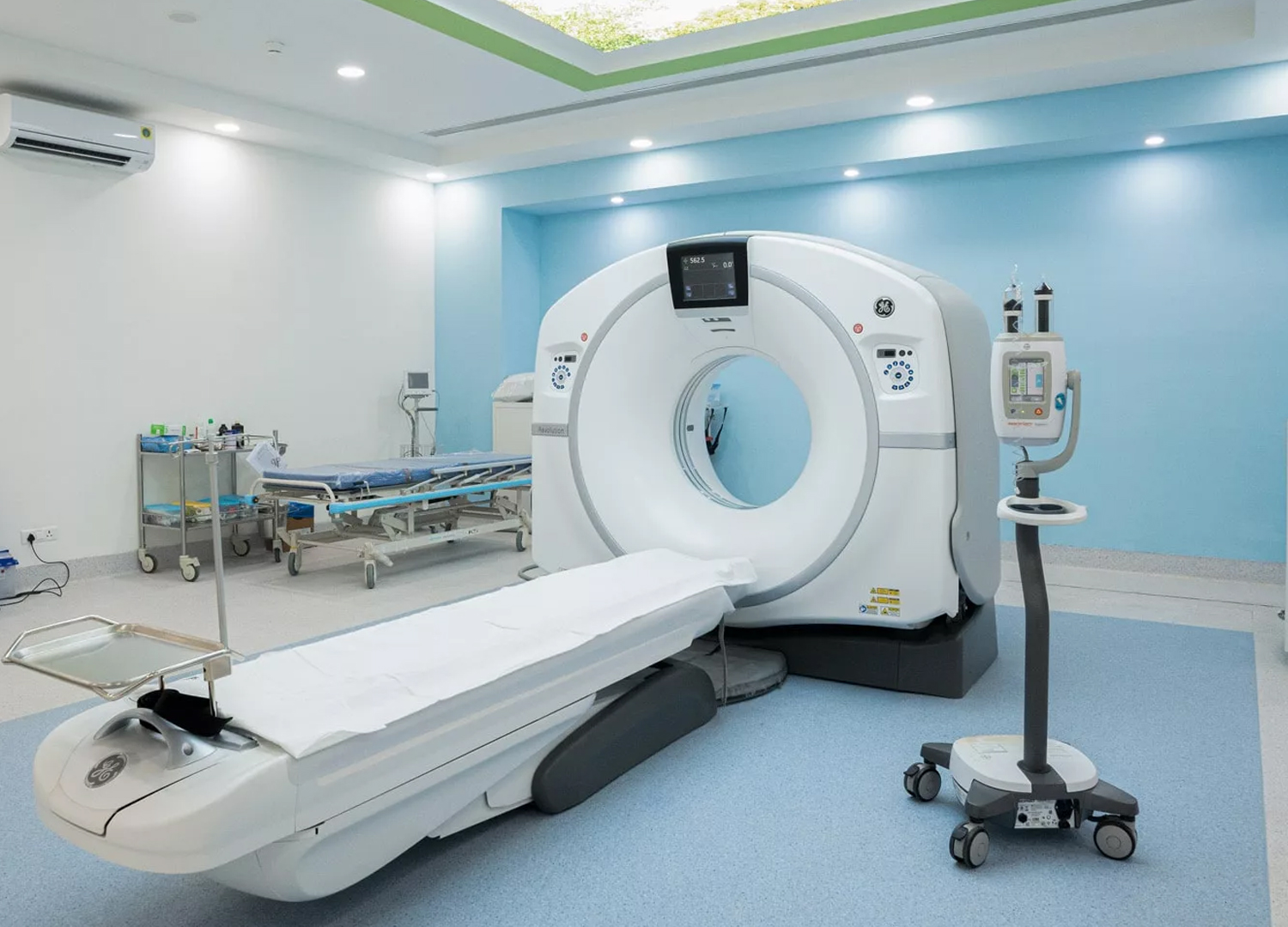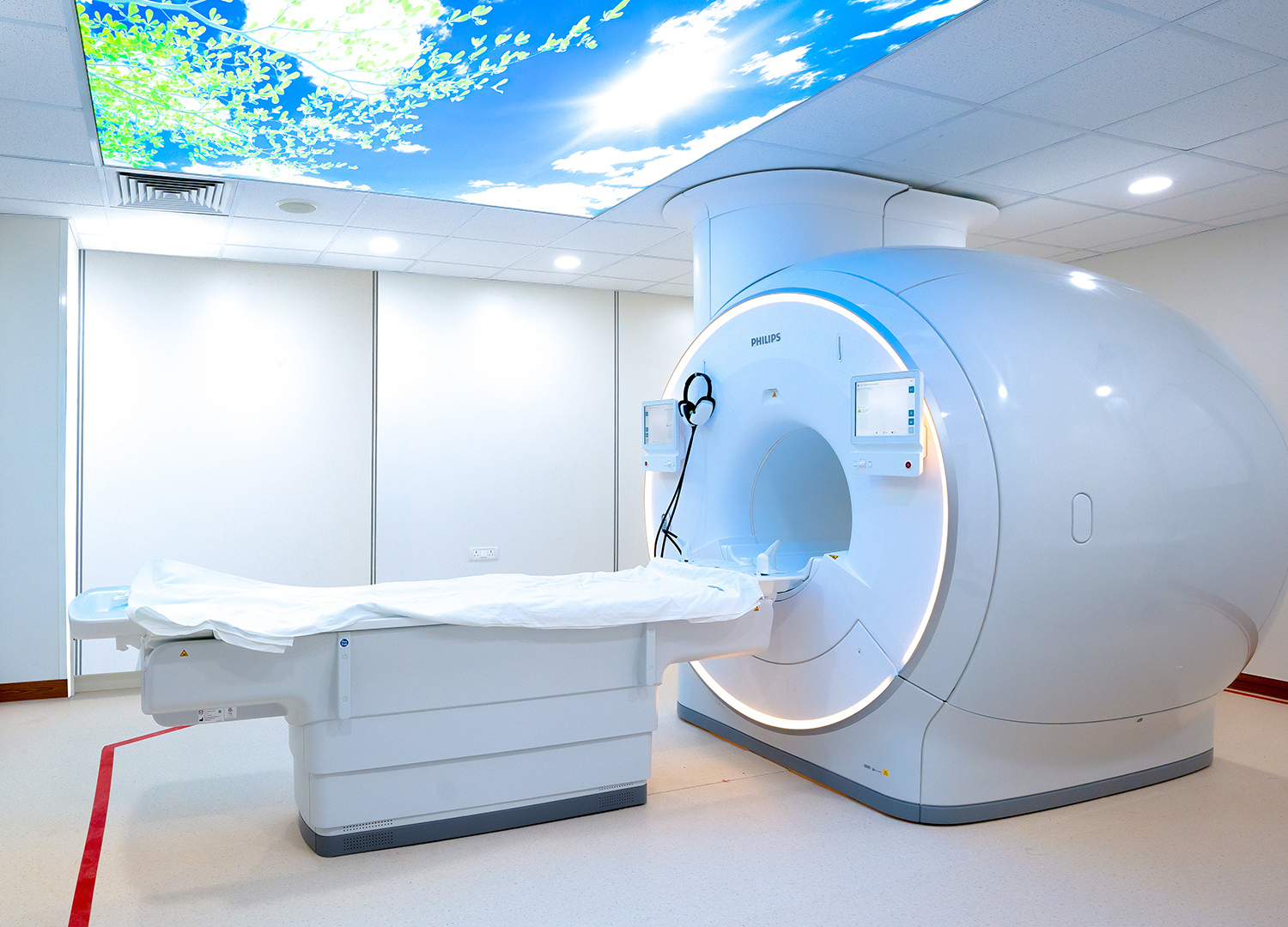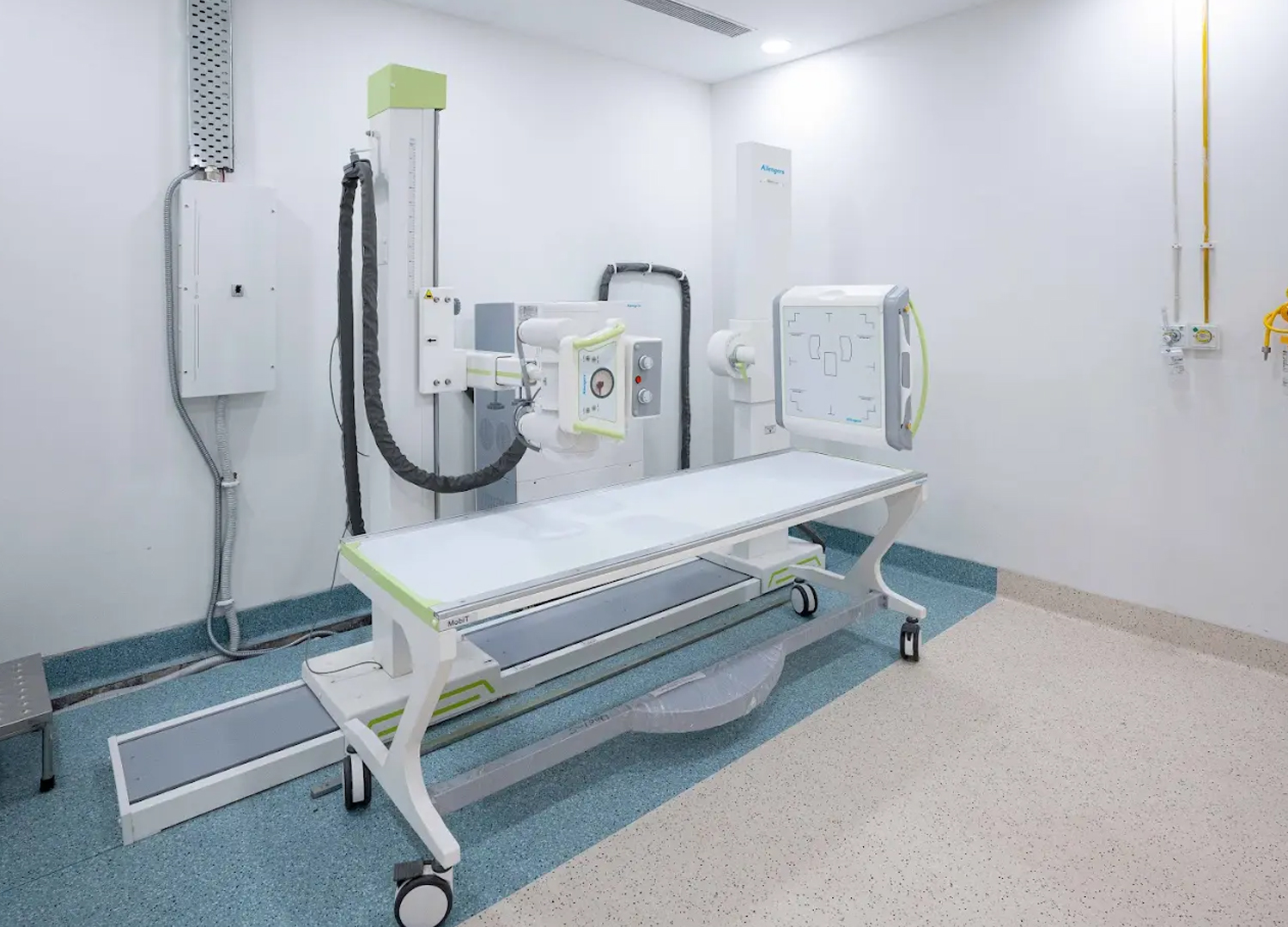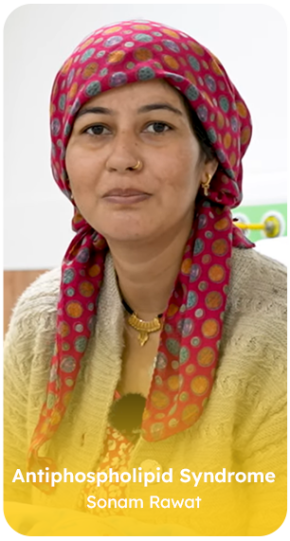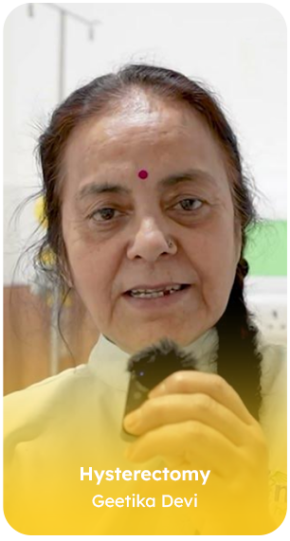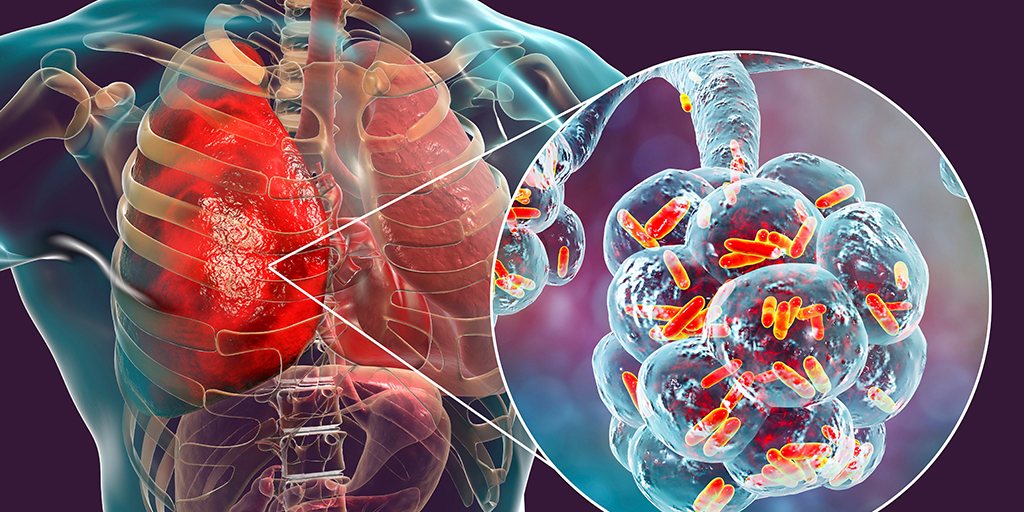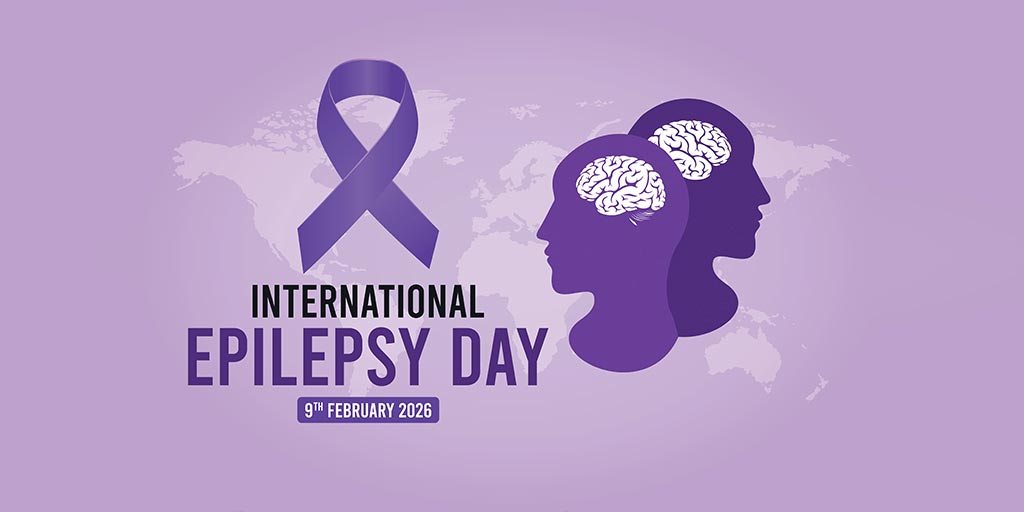Surgical oncology is often a key component of cancer treatment, involving the removal of tumours and affected tissues to control or cure the condition. At Graphic Era Hospital, our Department of Surgical Oncology has a team of some of the best surgical oncologists,with an expertise in doing all major general and specialty surgical oncology operations in Dehradun. They work closely with other specialists such as radiologists, pathologists,medical and radiation oncologists and other super specialists of various fields to offer advanced cancer treatment and surgical solutions for various types of cancers. Equipped with state-of-the-art diagnostic and treatment technology, and world-class post-operative care systems, we aim to deliver safe, precise, and patient-centred cancer surgeries, ensuring quick recovery and optimal outcomes.
When to Consult a Surgical Oncologist?
Early detection plays a vital role in the success of cancer treatment. Consulting a surgical oncologist is important when symptoms suggest the possibility of a tumour or cancer that may need surgical removal. A timely evaluation can help determine the need for further testing or immediate intervention.

- Unexplained and unintentional weight loss over a short period of time
- New or growing lumps in any part of the body including in neck, armpits, breast, extremities and abdomen
- Sores or ulcers that do not heal
- Oral ulcers , growth, bleeding from gums
- Persistent hoarseness or voice changes with neck swelling
- Difficulty in swallowing or persistent digestive issues
- Changes in breast size, shape, or nipple discharge
- Long standing, persistent cough and blood in sputum
- Any abdominal lump
- Recurrent or persistent urinary or gynecological infections
- Any recurrent gynecological foul smelling discharges
- Alternating constipation and diarrhoea
- Unexplained bleeding in stool or urine or from natural orifices
- Any growth or developing deformity or lump in extremities
- Unusual skin lesions, moles, or recent pigmentation changes/itching, swelling in existing mole
- Strong family history of cancers
What Increases the Risk of Cancer Requiring Surgery?
Several lifestyle, genetic, and environmental factors can increase the risk of developing cancers which may require multi modality cancer treatment out of which surgery is one of them. Certain tumours may require biopsy and surgical excision as primary modality of treatment. In others it may be done after reducing tumour burden with other forms of therapy like neoadjuvant chemoradiation. Recognising these risk factors helps in early screening and preventive care.
- Family history of cancer, especially first-degree relatives
- Long-term use of tobacco or alcohol
- Exposure to harmful chemicals, asbestos, or radiation
- Chronic infections such as HPV or Hepatitis B and C
- Hormonal factors, including prolonged oestrogen exposure
- Obesity and diets high in processed foods
- Advancing age and weakened immune system
- Lack of regular physical activity
- Long-standing inflammation or certain medical conditions
- Inherited gene mutations (e.g. BRCA1, BRCA2)
Types of Cancers Treated with Surgery at Graphic Era Hospital
Surgical oncology at Graphic Era Hospital covers a wide range of cancers where surgery plays a vital role in treatment, either alone or alongside chemotherapy and radiation.
- Breast Cancer: Surgeries such as lumpectomy, nipple sparing mastectomy , breast conserving surgery ,radical mastectomy are performed to remove cancerous tissue while preserving function and appearance along with oncoplastic surgeries and reconstructions when possible.
- Endocrine or Hormone Related Tumours: It is a specialized branch (Surgical Endocrinology) which includes surgeries of all hormone producing diseases and tumours of endocrine glands which are present in multiple areas of the body and is not limited to anatomical regions such as - tumours and diseases of Thyroid, parathyroid, thymus, neuroendocrine tumours of (intestines, pancreas, thymus, bronchus and lungs ), adrenal gland disorders and tumours, paragangliomas, ectopic hormone producing tumours in adults and pediatrics. It also deals with rare hereditary syndromes and neoplasms.
- Oral and Neck Cancers: Surgical removal of tumours in the oral cavity, tongue, voice box, or thyroid gland, often followed by reconstruction.
- Esophagus, Stomach and Colorectal Cancers: Partial or total removal of esophagus, stomach, colon and rectum, to eliminate tumours and prevent spread.
- Hepatobiliary Tumours: Tumour in gallbladder, bile duct, liver, pancreas requiring excision.
- Gynaecological Cancers: Procedures for ovarian, cervical, or uterine cancers including hysterectomy and tumour excision.
- Prostate and Kidney Cancers: Surgeries such as prostatectomy or nephrectomy to remove the affected organ or part of it.
- Lung Cancer: Lobectomy or pneumonectomy to remove cancerous portions of the lung for localised disease.
- Skin and Soft Tissue Tumours: Wide local excision or flap reconstruction for melanomas, sarcomas, and other skin cancers.
- Sarcomas and Retroperitoneal Tumours: Removal of cancer from bones or soft tissues, often requiring specialised reconstructive support.
- Bone Tumours: Limb-salvage surgery or amputation to remove cancerous bone tissue, often followed by reconstructive procedures or prosthetic implants.
Comprehensive Surgical Oncology Services at Graphic Era Hospital
Graphic Era Hospital offers end-to-end surgical oncology services (starting from diagnosis to recovery) ensuring coordinated, specialised care at every stage.
Cancer Diagnosis and Planning
- Biopsy and tumour tissue sampling for accurate diagnosis
- Cancer staging with imaging and pathology
- Tumour board consultations for personalised treatment planning
- Preoperative medical evaluation and surgical fitness assessment
Cancer Surgeries Performed
- Organ-preserving visceral and radical cancer surgeries
- Minimally invasive and laparoscopic procedures
- Oncoplastic and reconstructive surgeries for better function and appearance
- Emergency surgeries for tumour complications such as obstruction or bleeding
Recovery and Long-Term Support
- Post-surgical pain management and wound care
- Critical care management
- Physiotherapy and rehabilitation programmes
- Nutritional guidance to support healing
- Psychological support and counselling for patients and families
- Home care services
Doctors Available
Dr. Mukta Baxi
Consultant
Surgical Oncology (Endocrinology & Breast)
Experience: 32 Years
Book An AppointmentWhy Choose Graphic Era Hospital for Surgical Oncology?
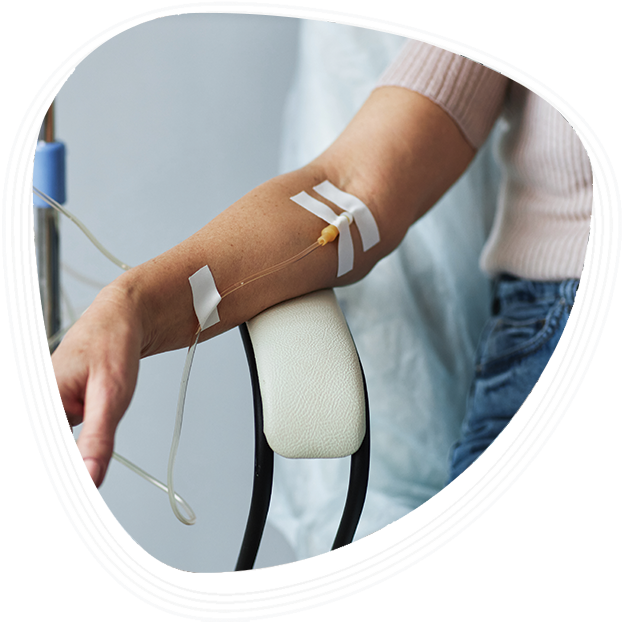
Top Cancer Surgeries Performed at Graphic Era Hospital (Minimally Invasive/Open Surgeries)
- Oral and neck tumour excision with reconstruction
- Lumpectomy and mastectomy for breast cancer
- Pancreatic, gallbladder and liver surgeries
- Radical hysterectomy and oophorectomy for gynecological cancers
- Mediastinal and abdominal mass resection
- Lobectomy and pneumonectomy for lung cancer
- Wide local excision for skin and soft tissue tumours
- Lymph node dissection for staging and cancer control
- Nephro-ureteractomy, cystectomy and prostatectomy for urological cancers
- Hormone related tumours and malignancy including thyroid, parathyroid, thymus, adrenal, pancreas, intestine
- Esophagectomy, gastrectomy, colectomy, anorectal radical cancer surgeries for gastrointestinal cancers
Surgical Oncology Conditions Treated at Graphic Era Hospital
Advanced Diagnostics & Technology
- Offers high-resolution imaging for detailed blood vessel analysis, aiding in accurate diagnosis and treatment planning.
- Delivers advanced imaging with high resolution for clear, detailed views of soft tissues, ensuring precise diagnostics.
- Provides high-quality, detailed radiographic images for accurate diagnosis with minimal exposure to radiation.
Other Specialities
Patient Stories
Blog
Frequently Asked Questions (FAQs)
How do I know if surgery is the right treatment for my cancer?
The decision to proceed with surgery depends on the type, location, and stage of the cancer. A surgical oncologist will evaluate your reports, imaging, and overall health before recommending surgery as part of a personalized treatment plan. Most of the early solid cancers can be treated by surgery but in the late stage it may be multimodality treatment involving chemotherapy, radiotherapy, immunotherapy and other targeted therapies.
Is cancer surgery safe, and what are the risks involved?
Cancer surgeries are long, difficult and complex surgeries, generally safe when performed by experienced specialists. However, as with any surgery, there are known complications and potential risks of each surgery and other risks associated with individual patients’ condition. The risk vs benefit of the surgery in each individual has to be to be discussed with the doctors preoperatively. The patient may post operatively need multi speciality and critical care management by a specialist team.
How long is the recovery period after cancer surgery?
Recovery varies based on the type and stage of tumour, the type and extent of surgery and individual health factors including comorbid conditions. Some patients may be discharged within a few days, while others may require longer hospital stays with critical care management and rehabilitation support.
Will I need additional treatments like chemotherapy or radiation after surgery?
In many cases, surgery is done primarily and is followed by chemotherapy or radiation to reduce the risk of recurrence.In others surgical resection of the tumour may need downloading the tumour burden for complete and safer excision so may need adjuvant therapies like chemotherapy before going for surgery. The need for any additional treatment is determined by the tumour type, overall staging and surgical resections and biopsy reports.
Can I get a second opinion before undergoing cancer surgery?
Yes, seeking a second opinion is always encouraged. It can help you better understand your options and feel more confident about the recommended treatment plan.
For further questions or assistance, please contact our helpline or email us.

